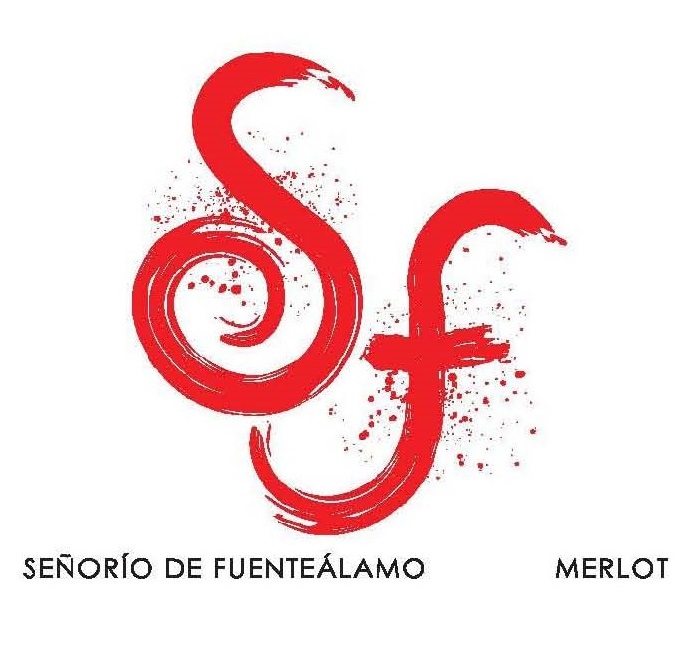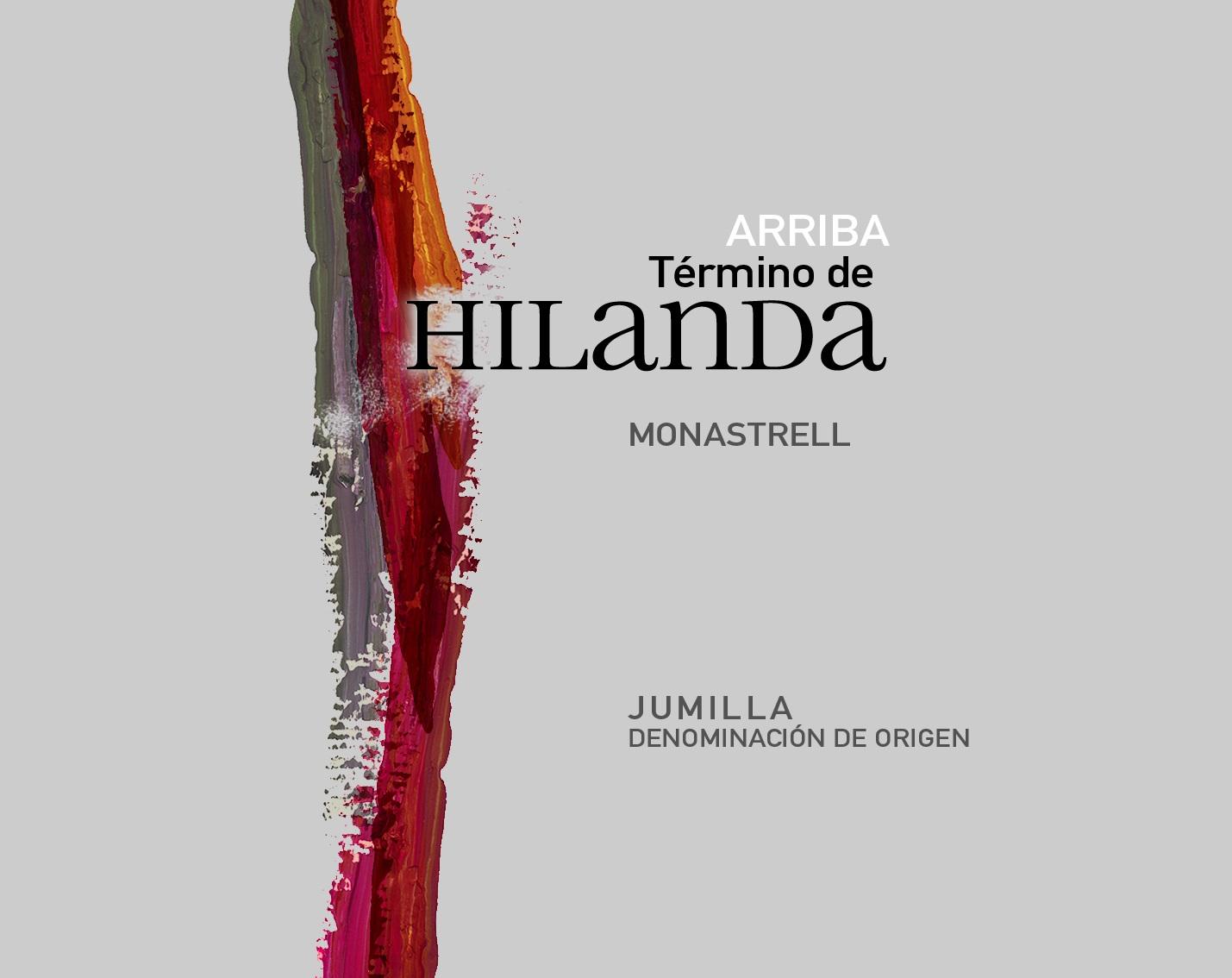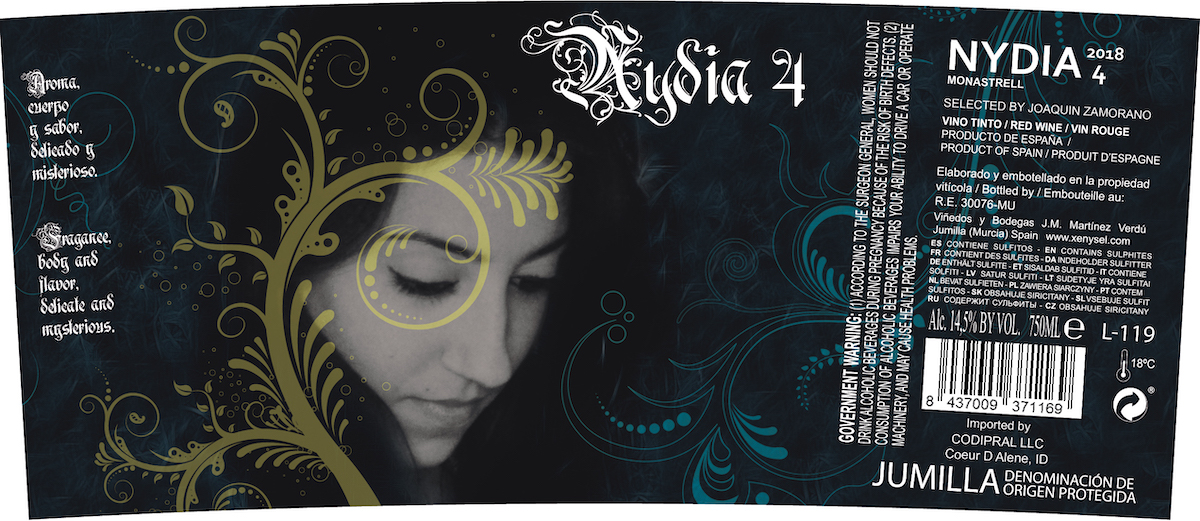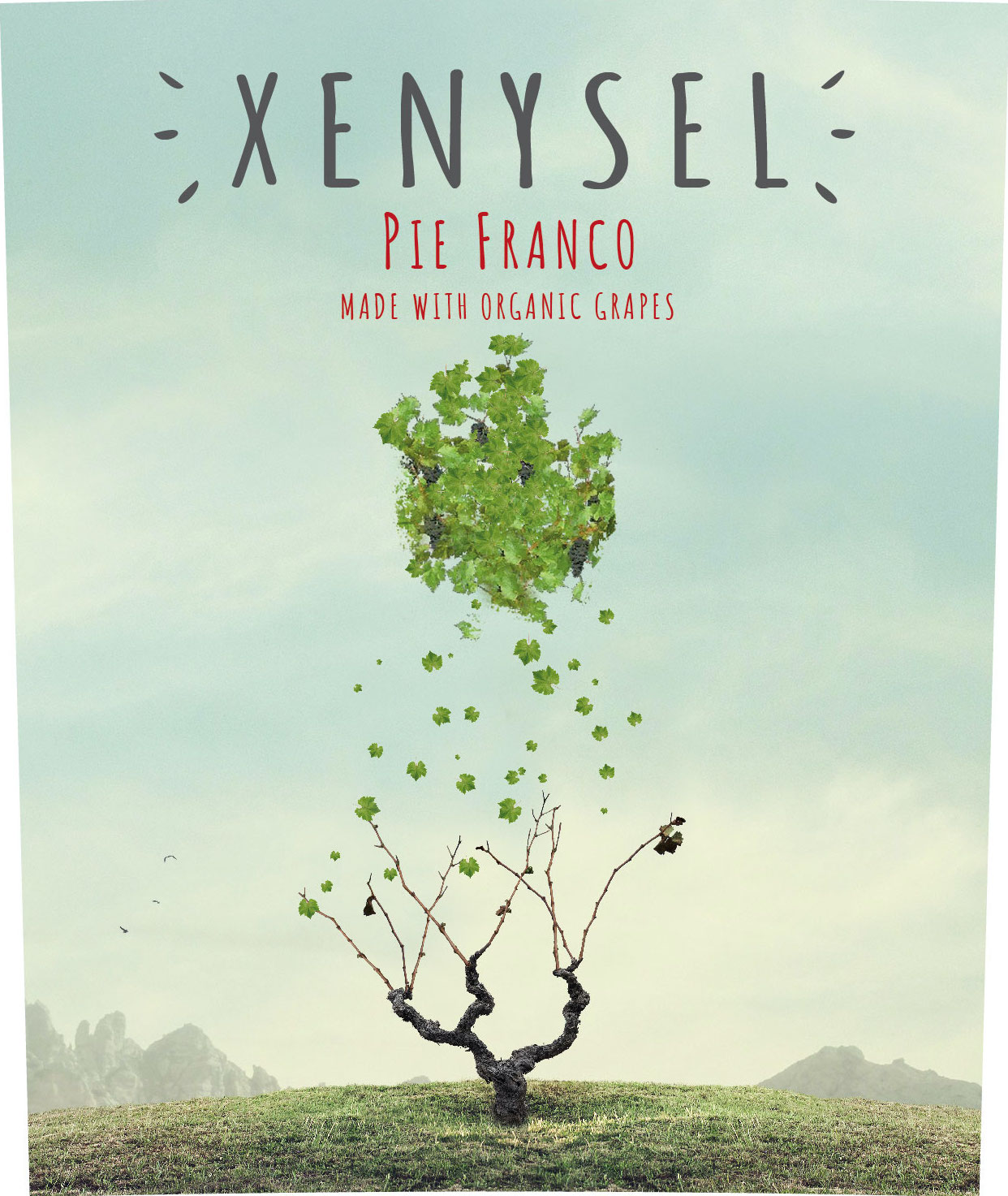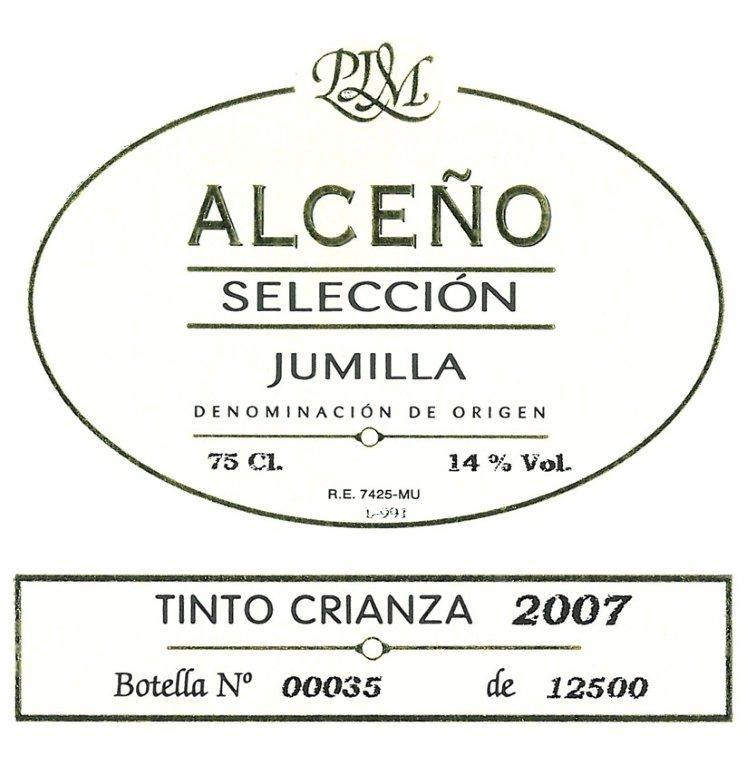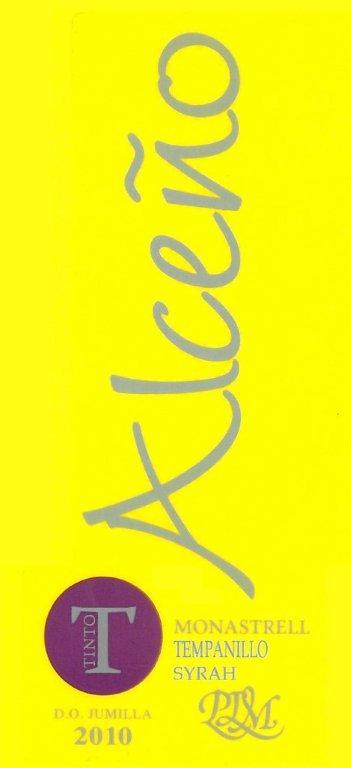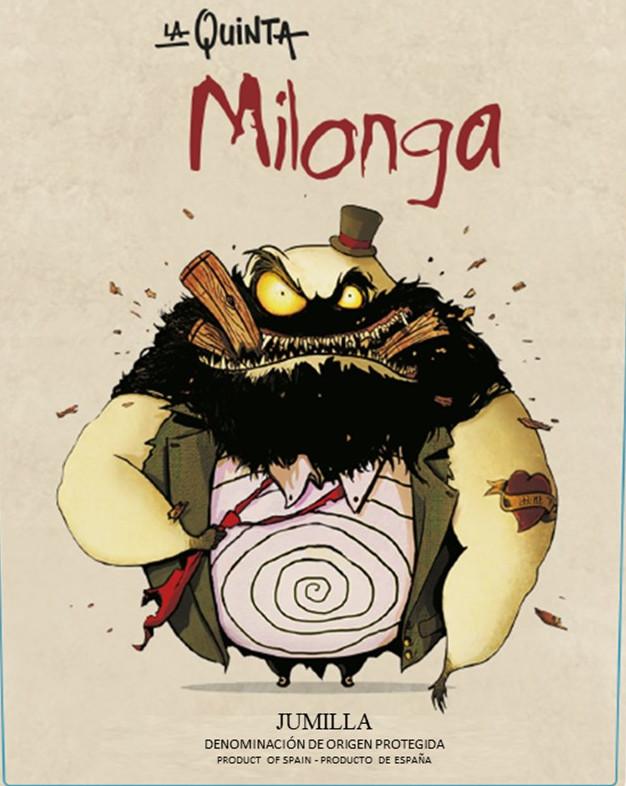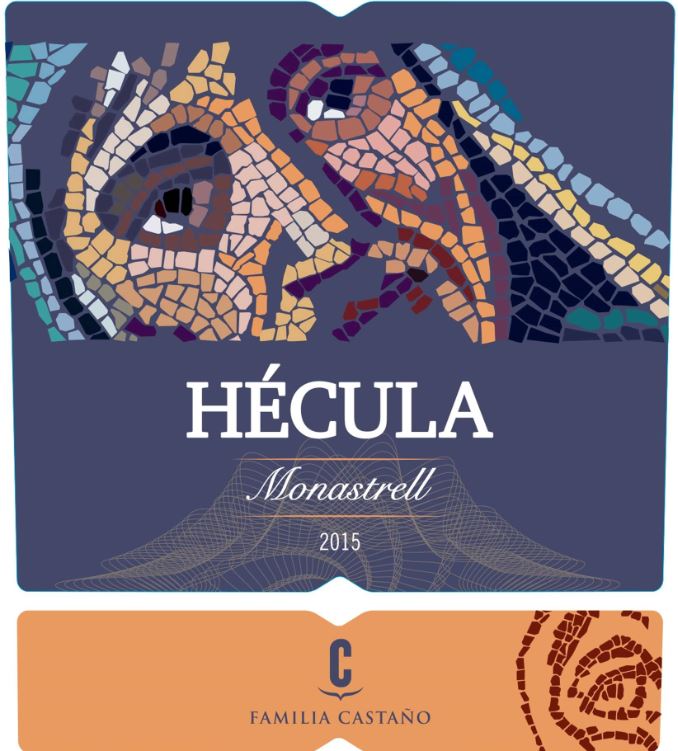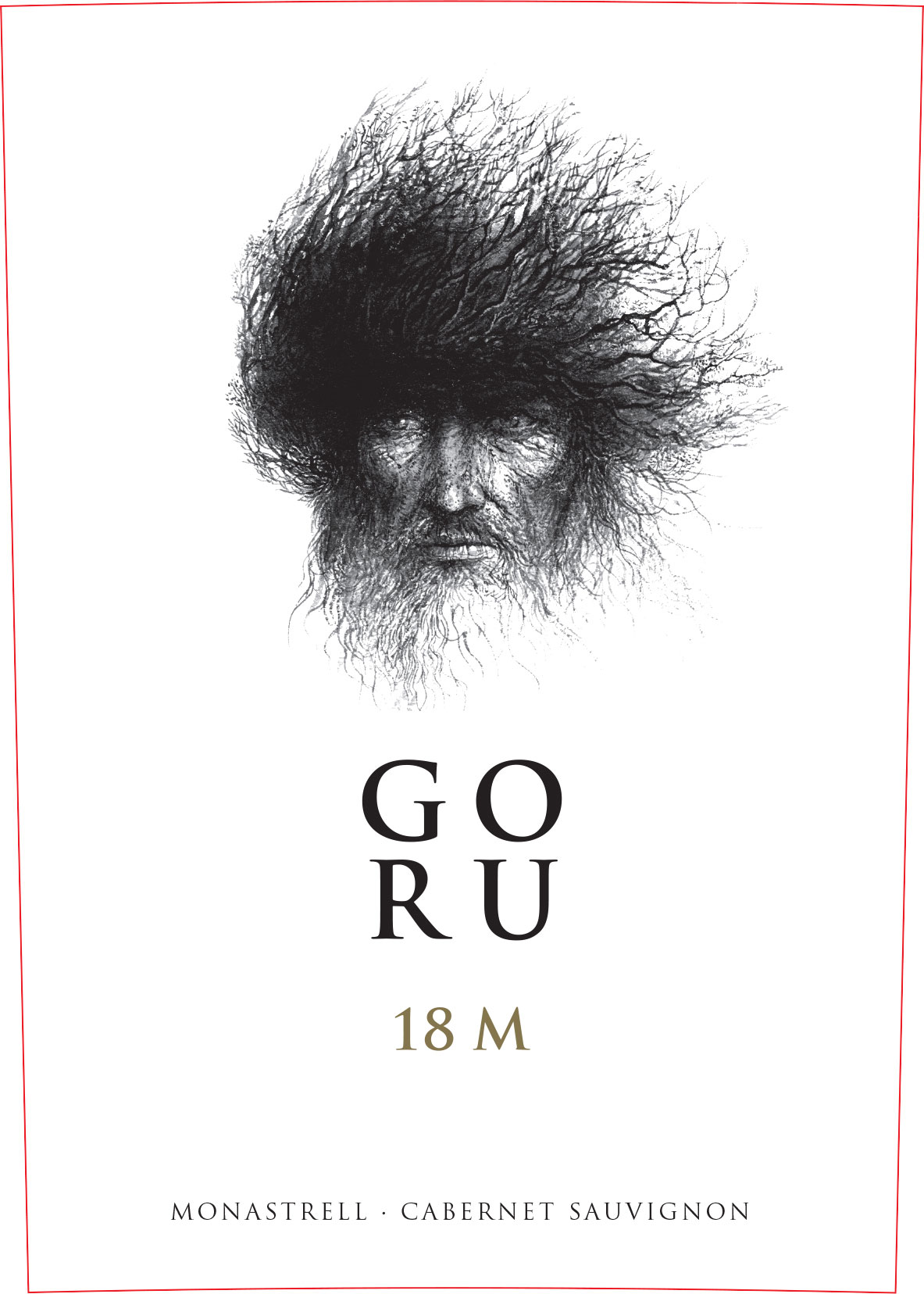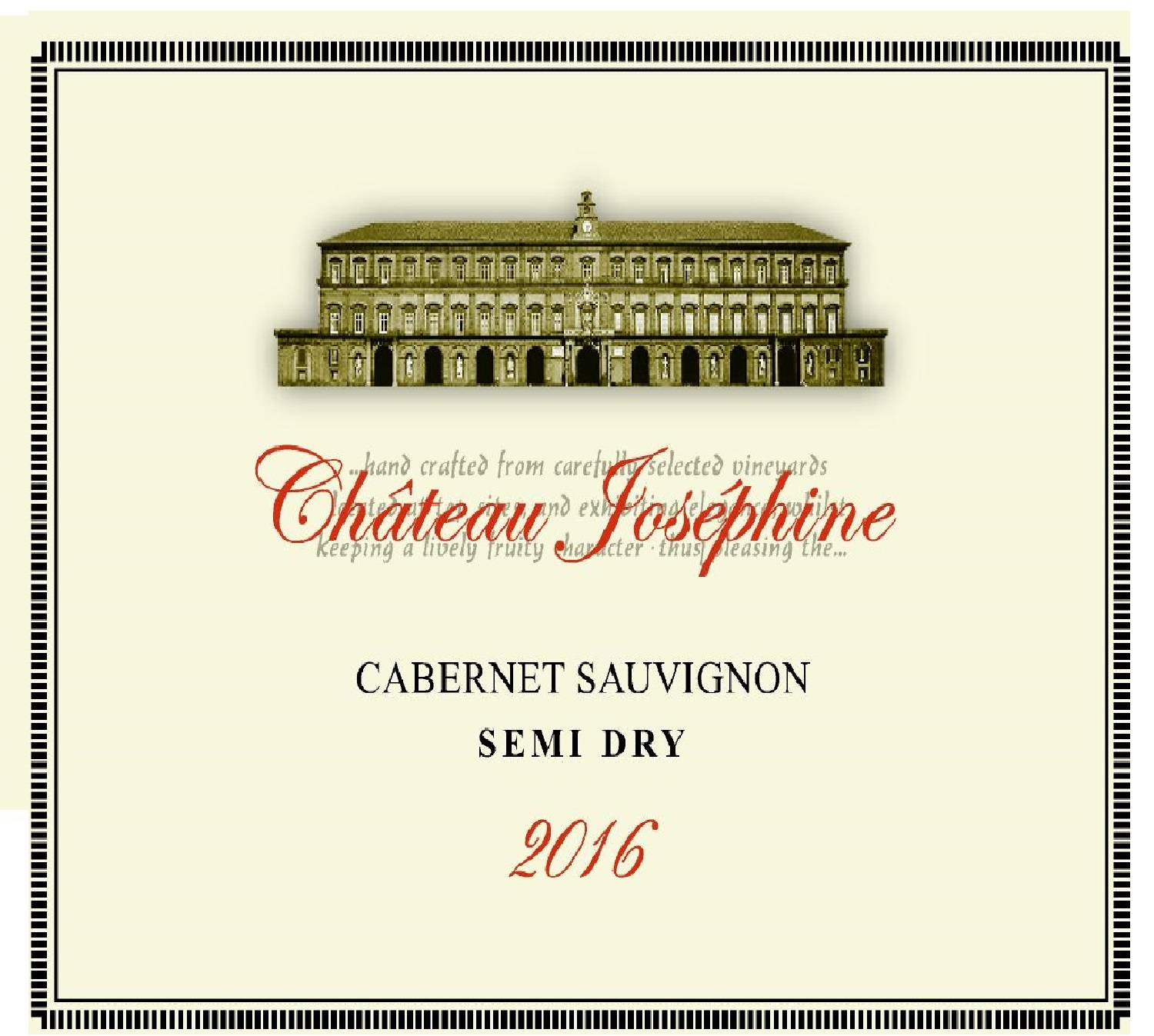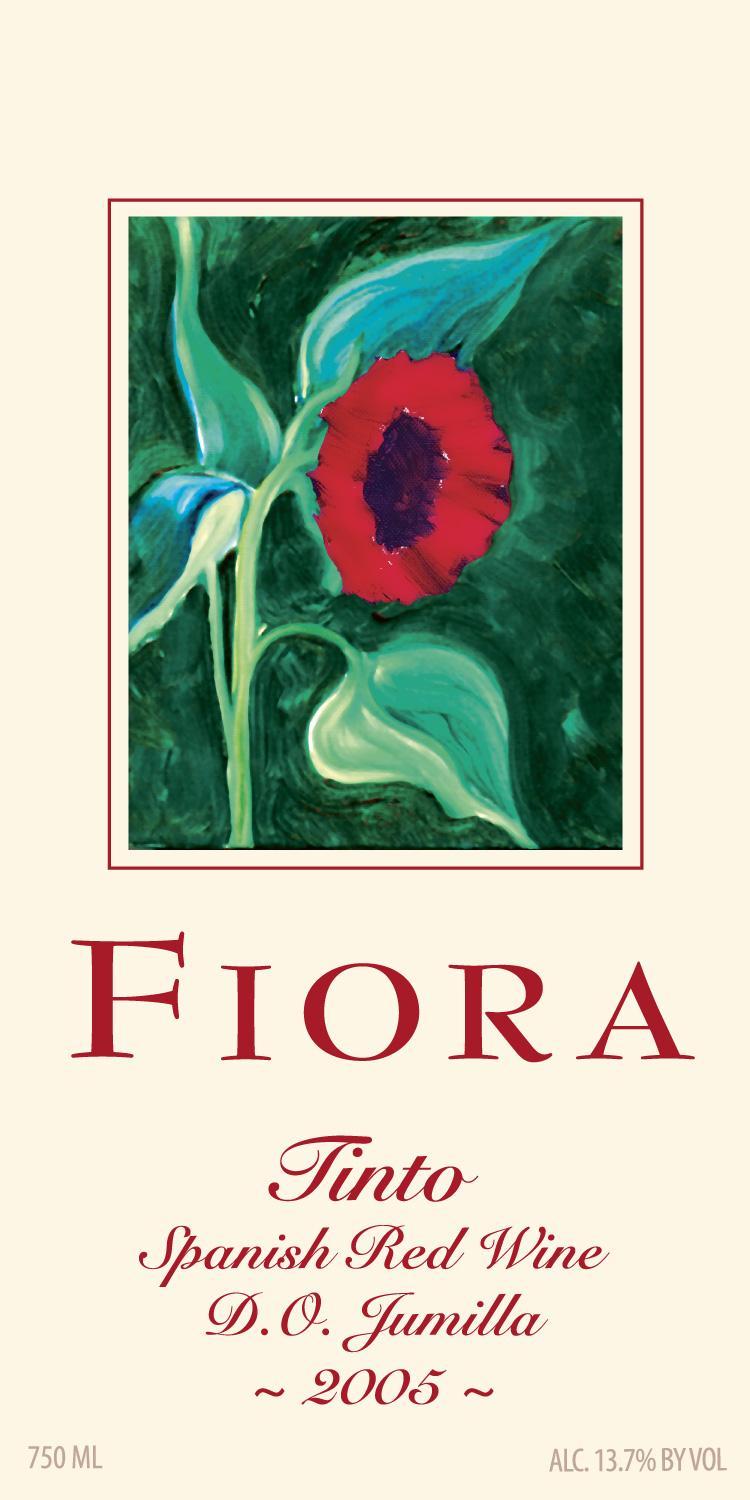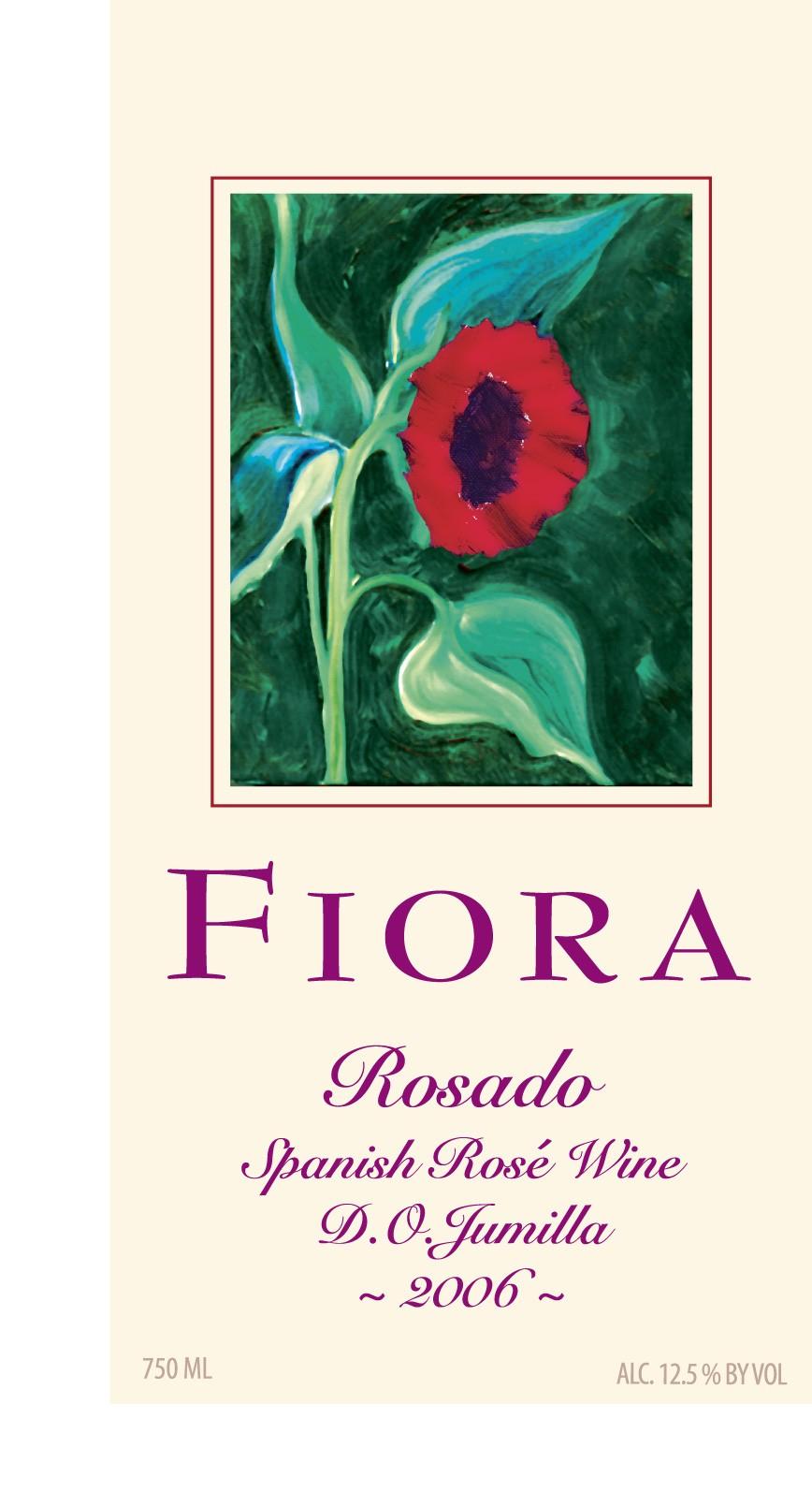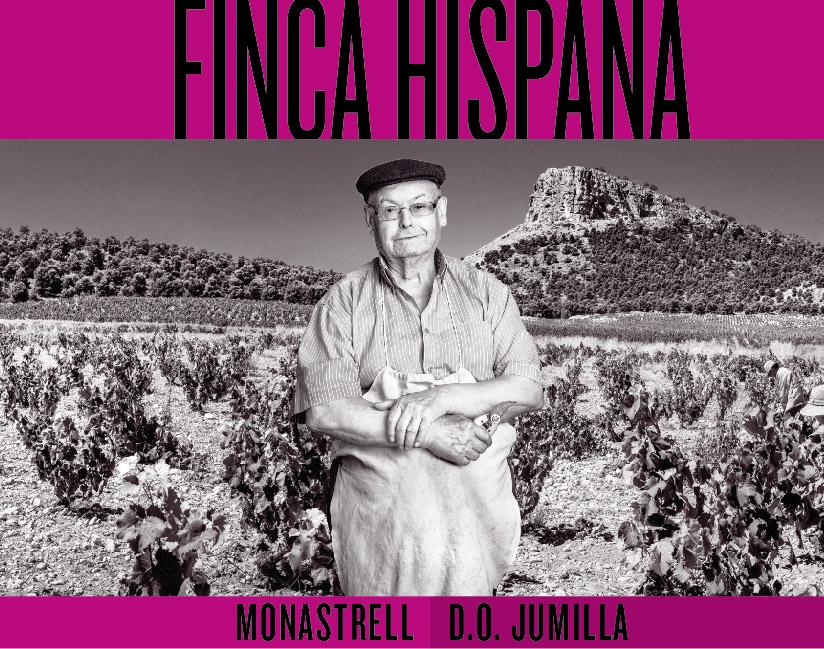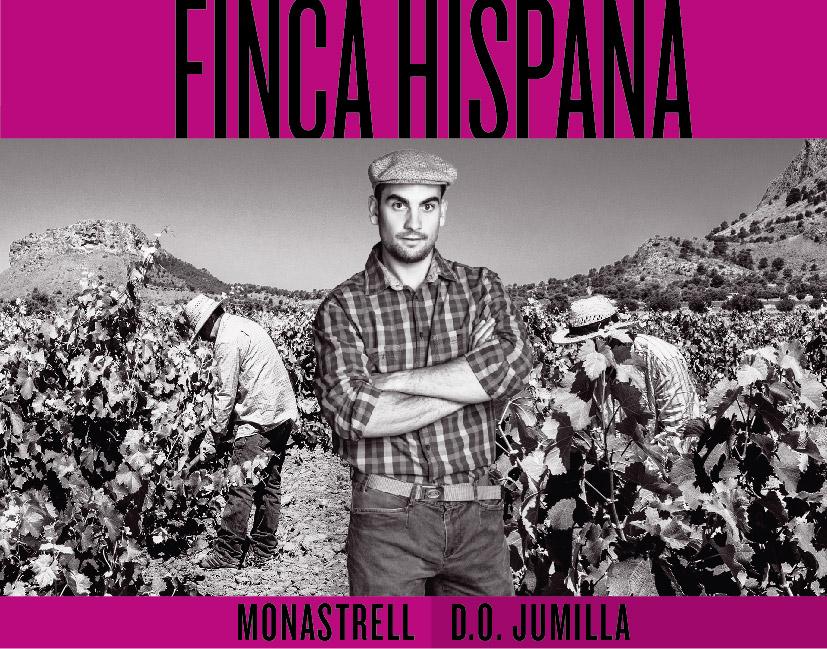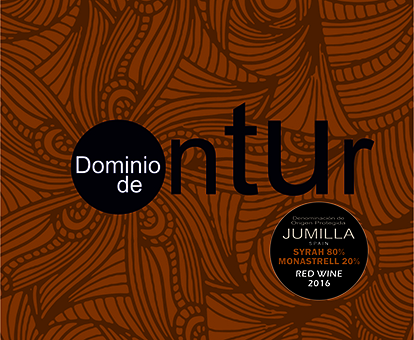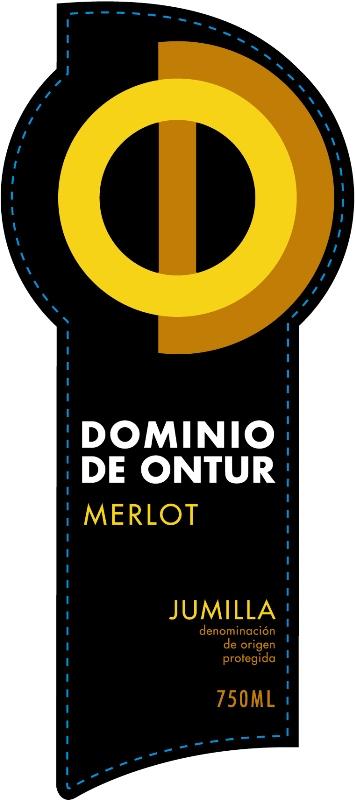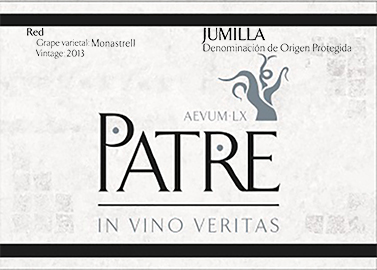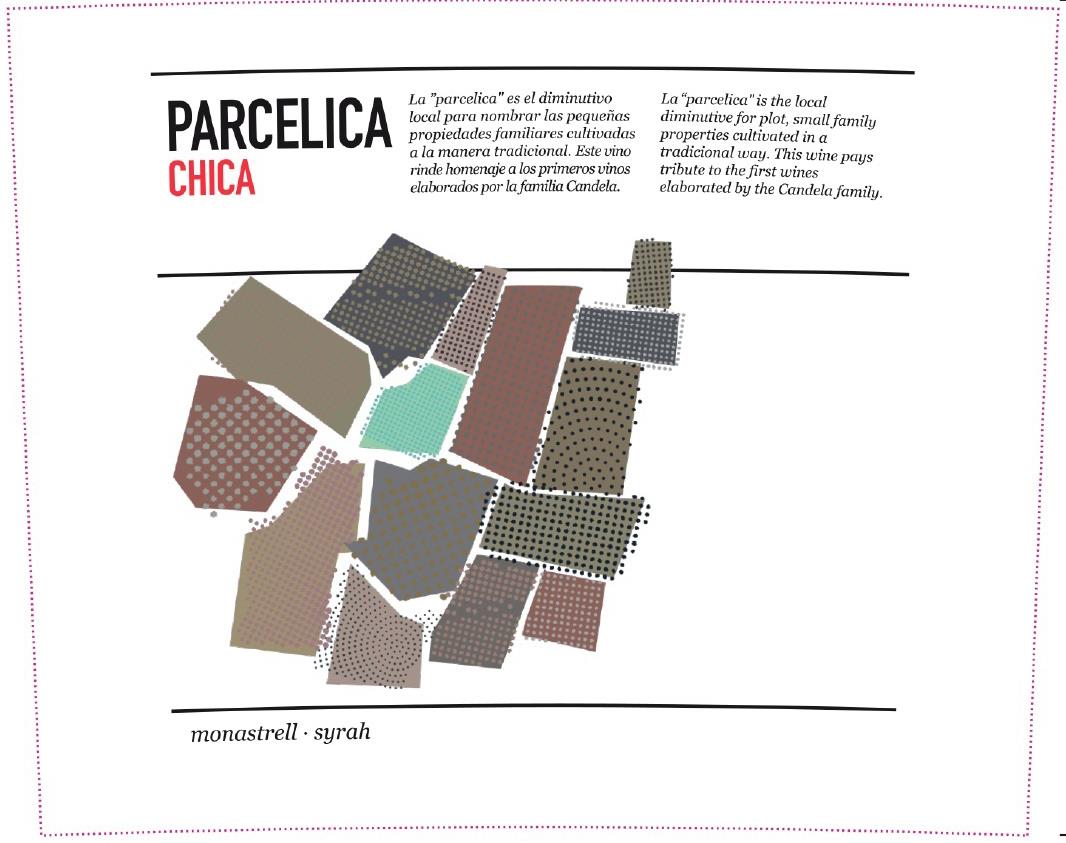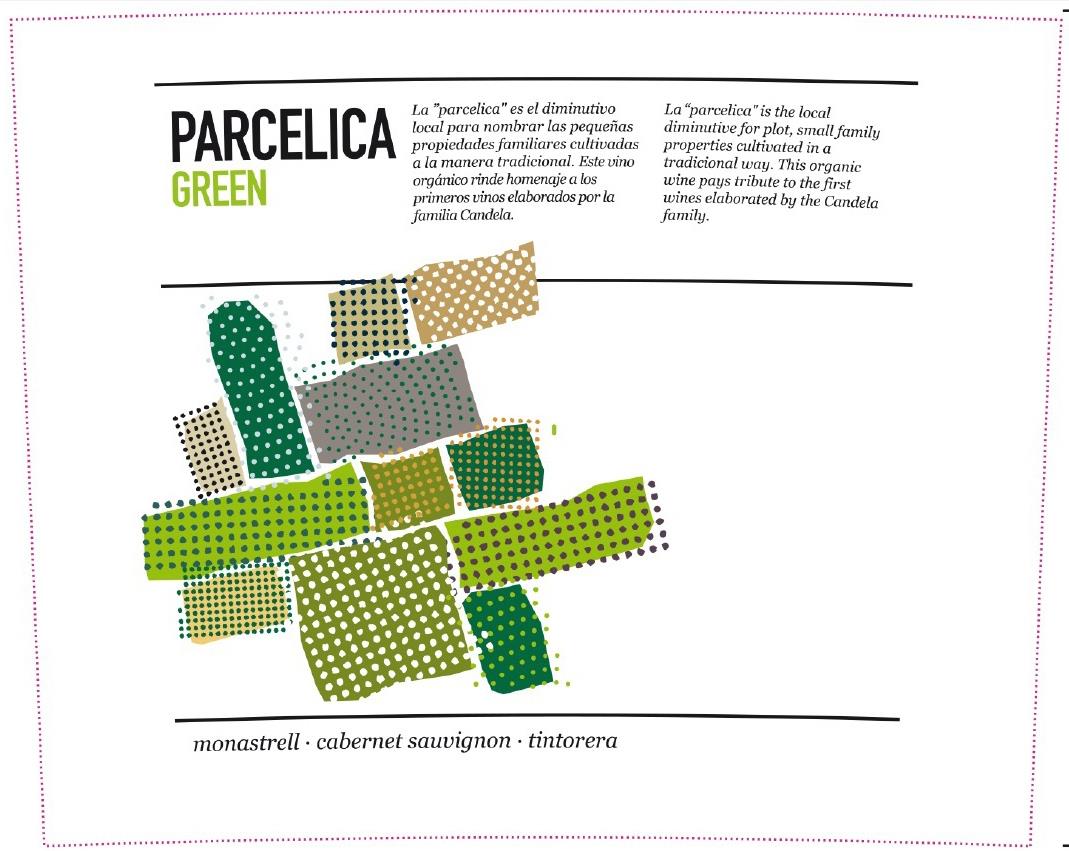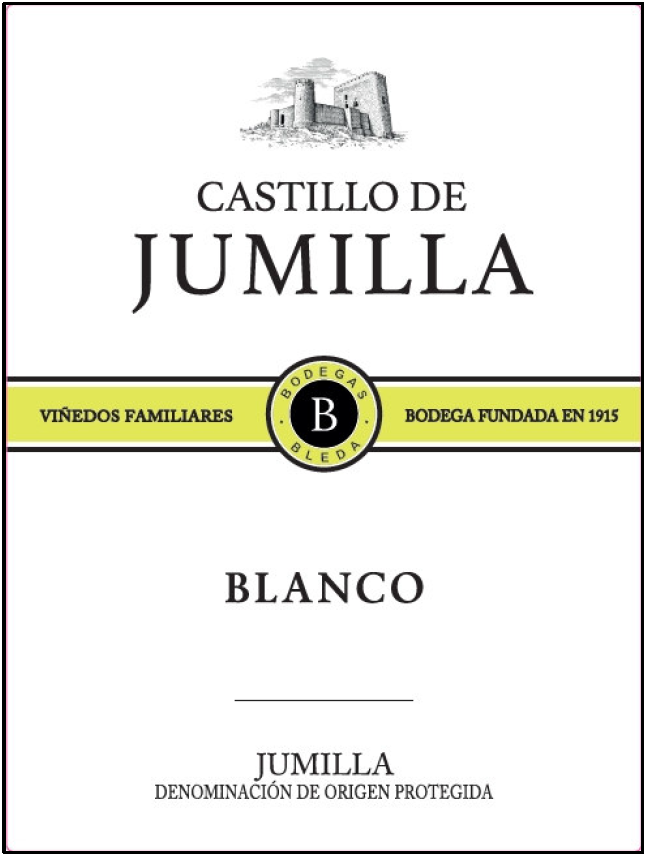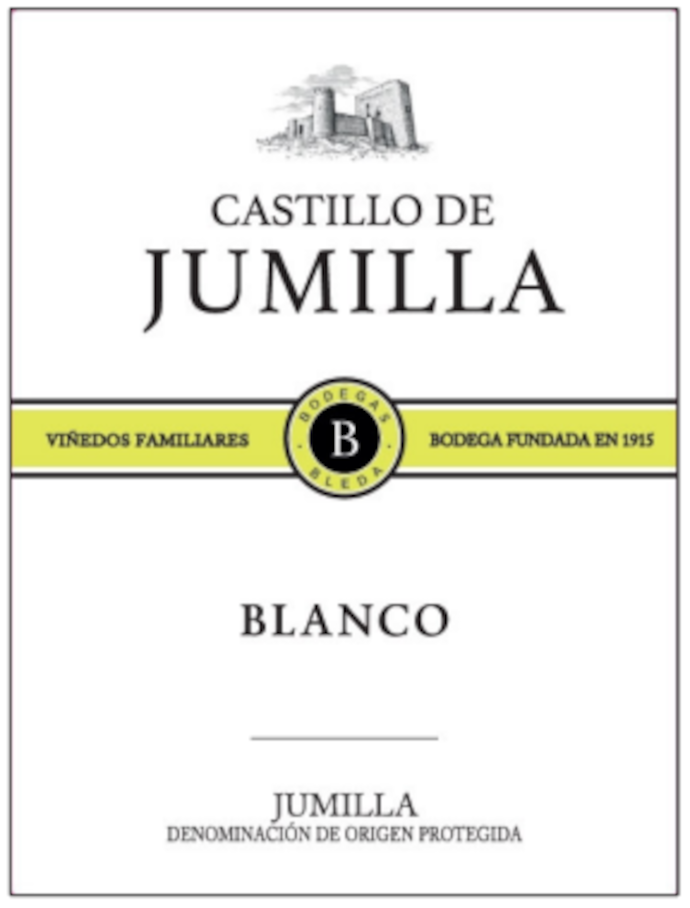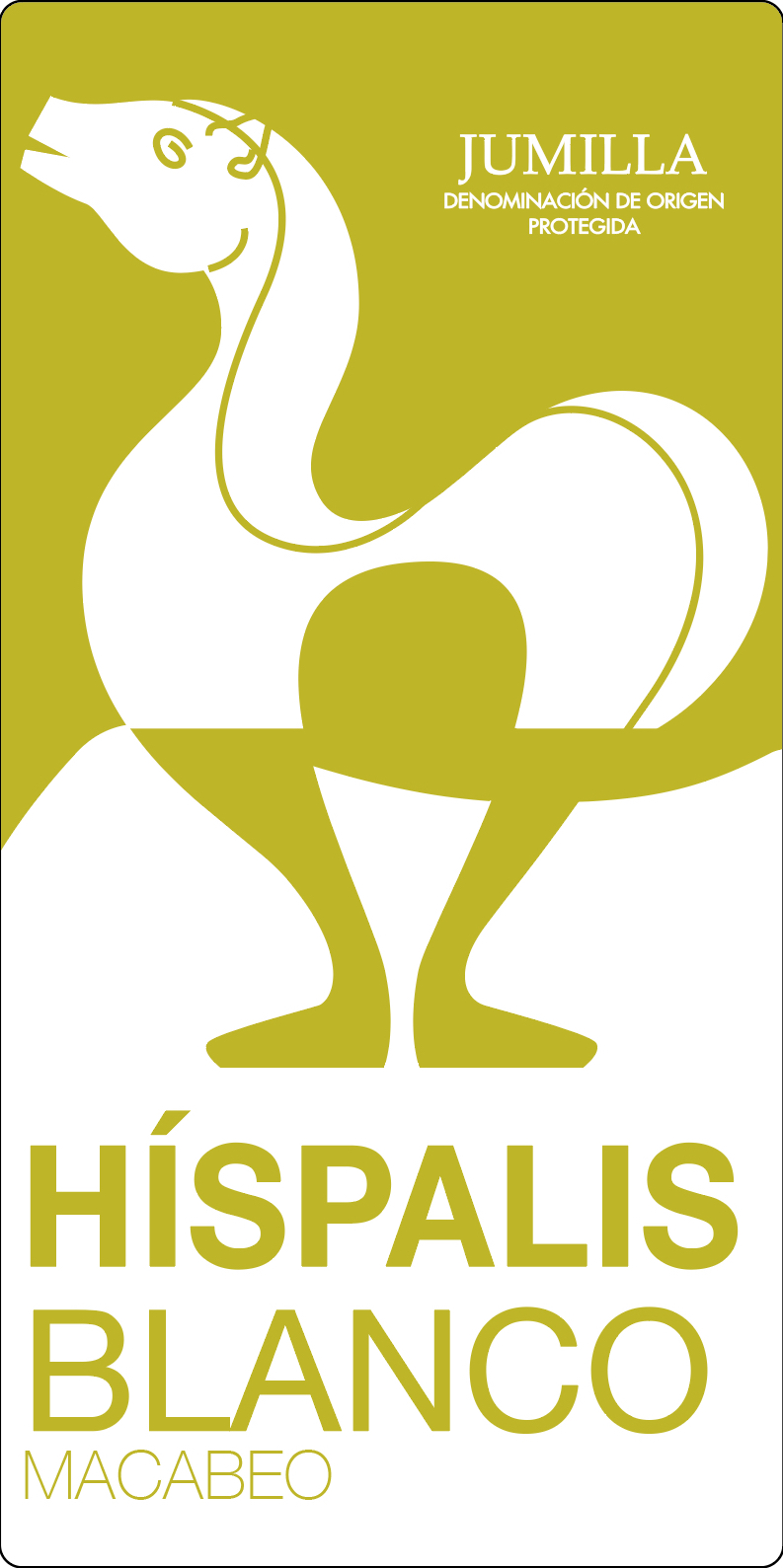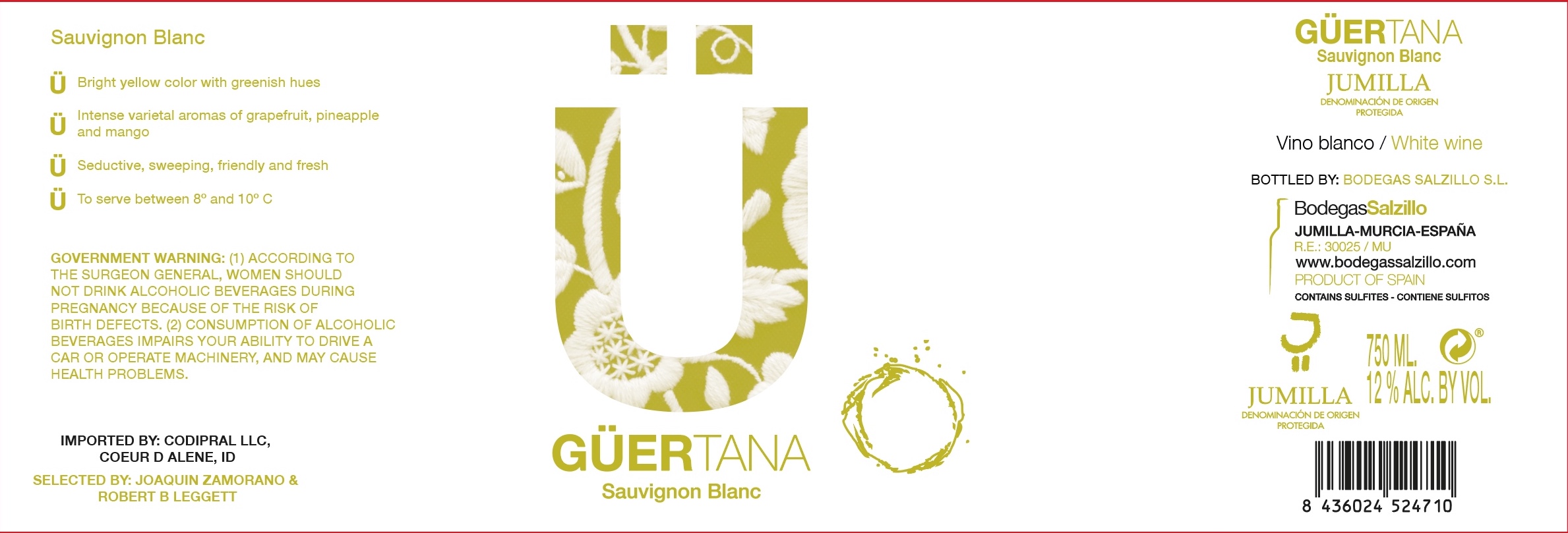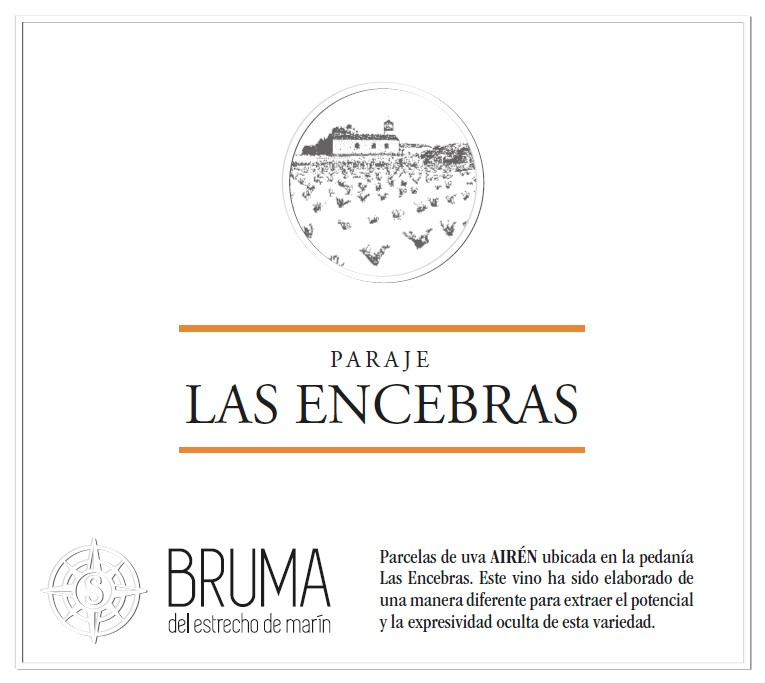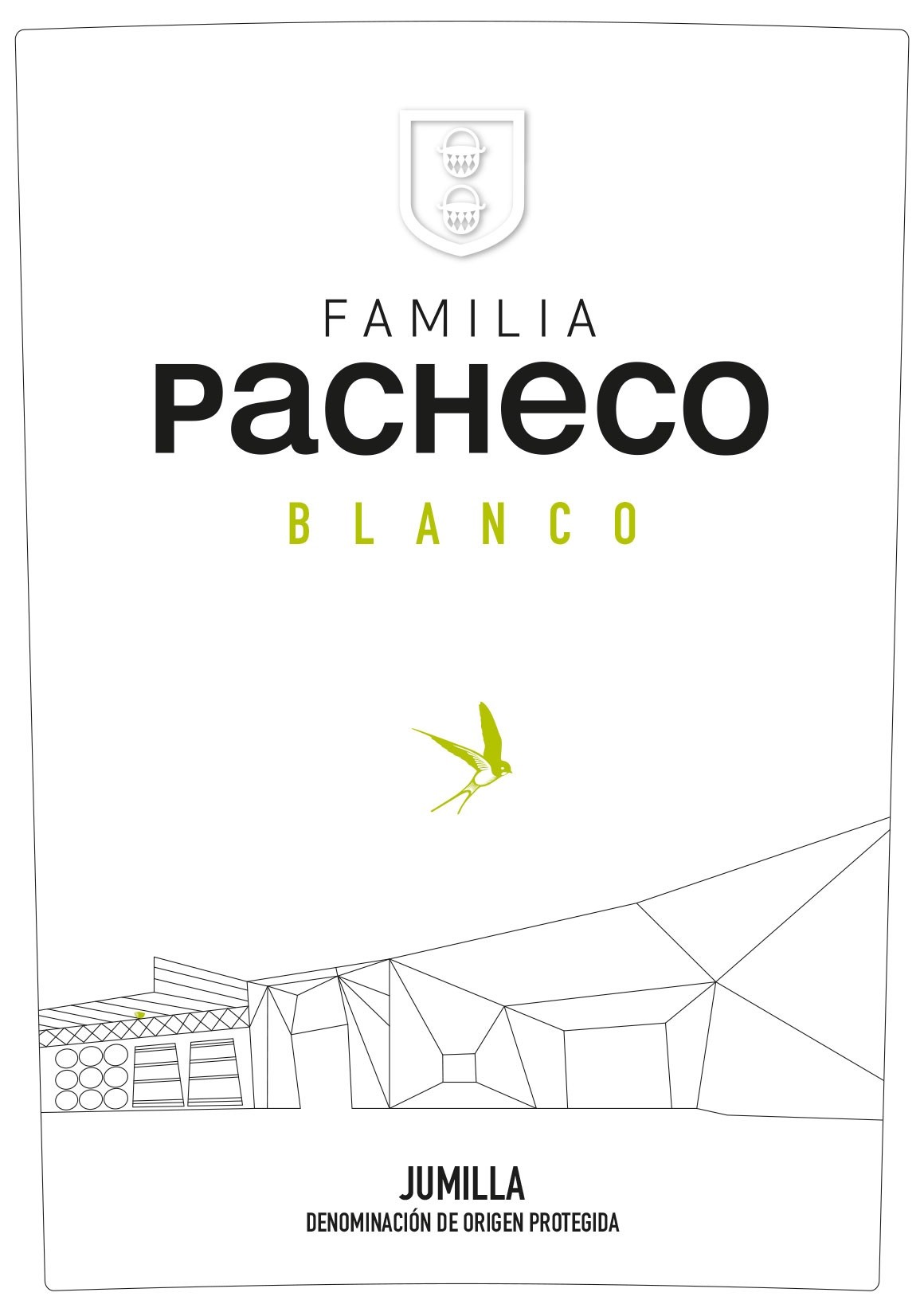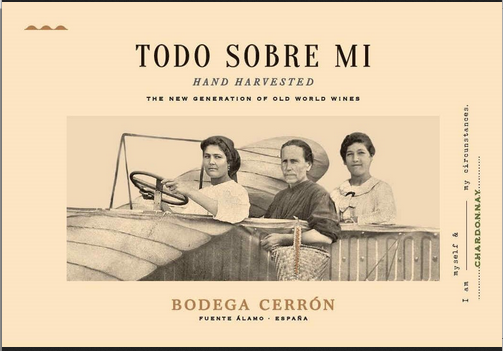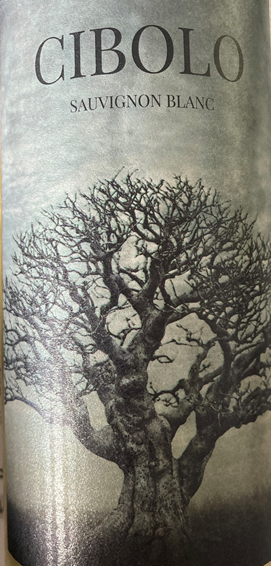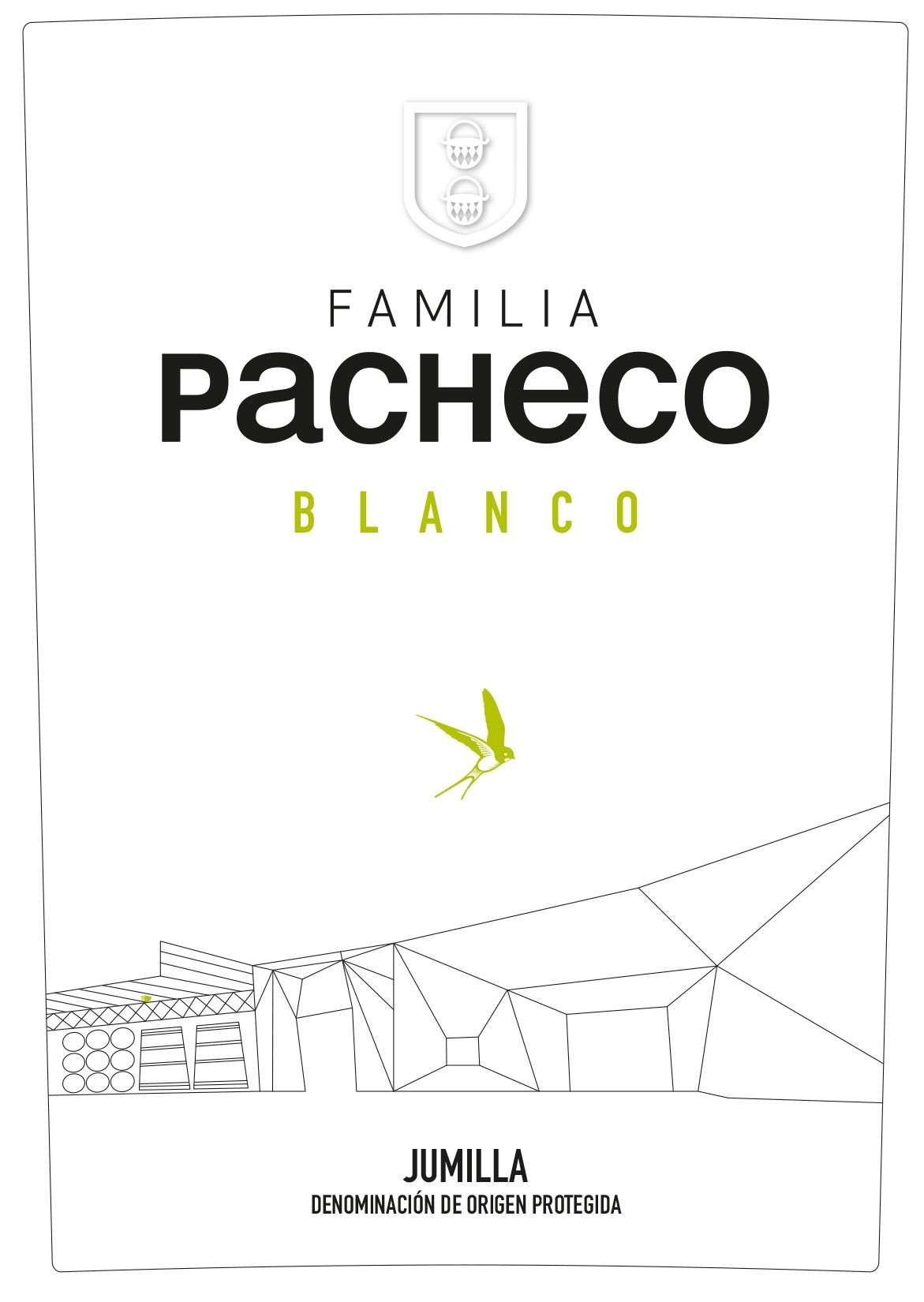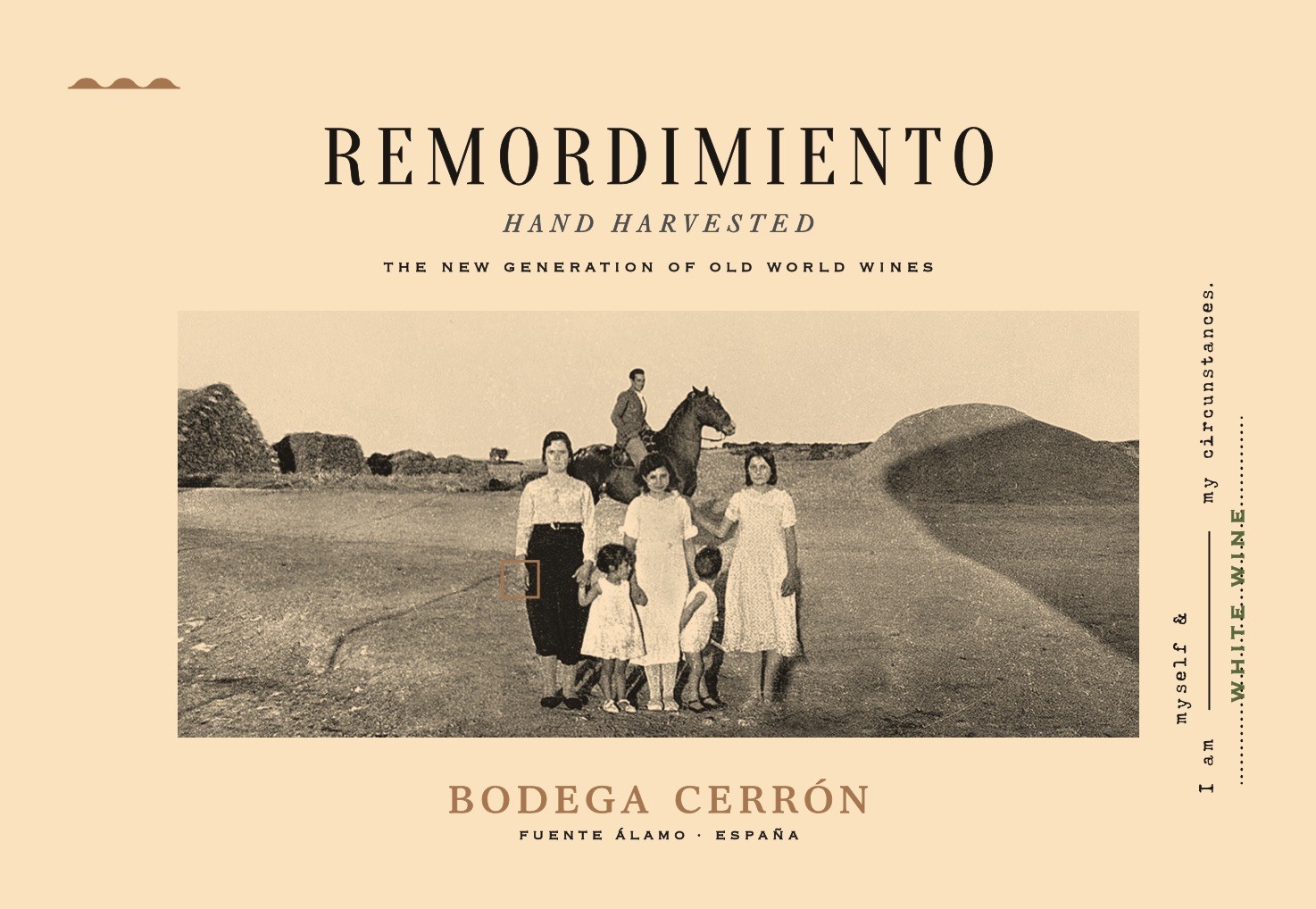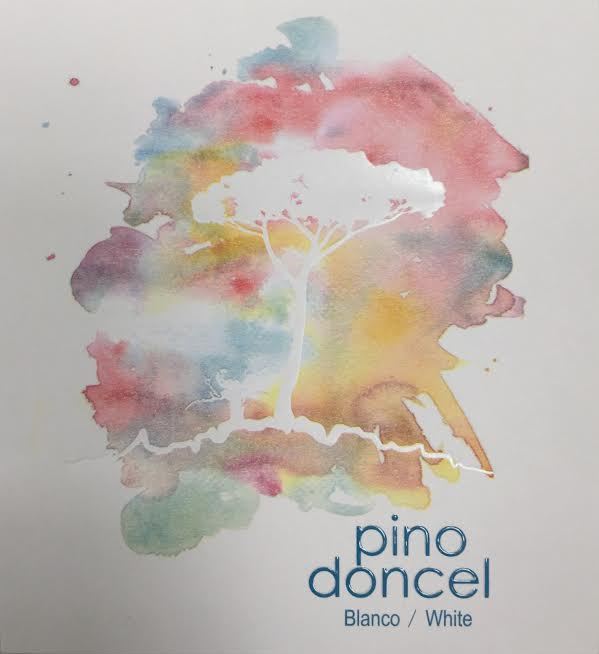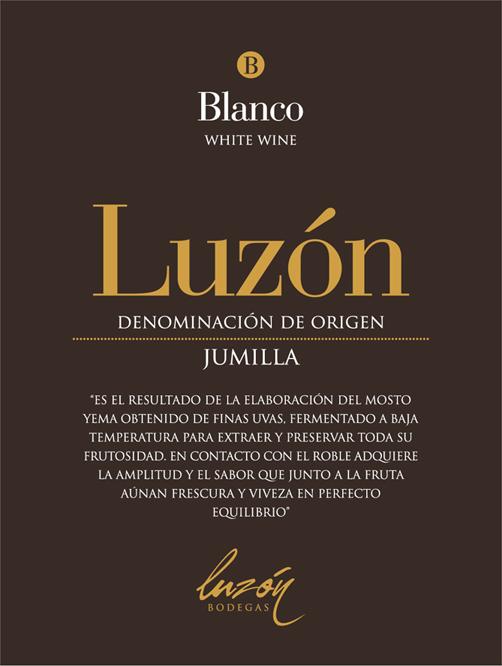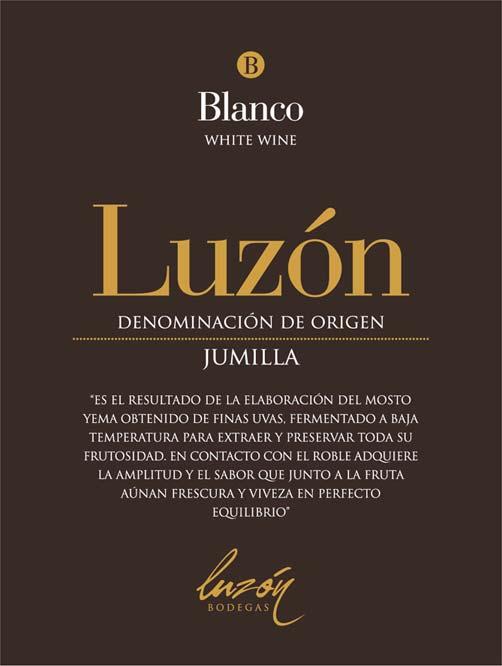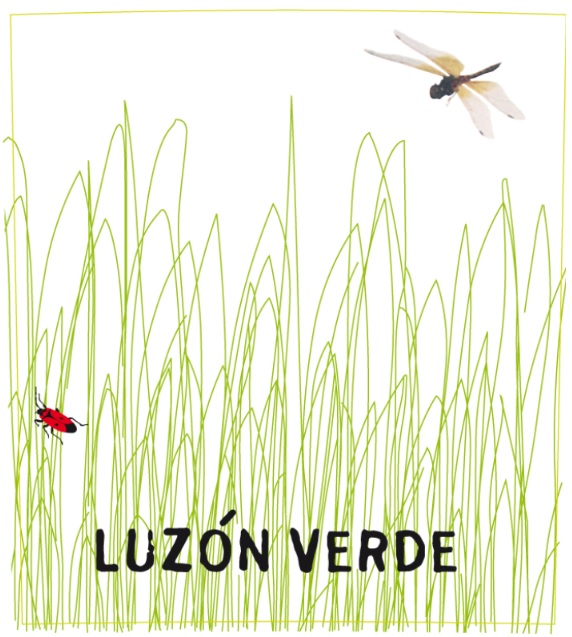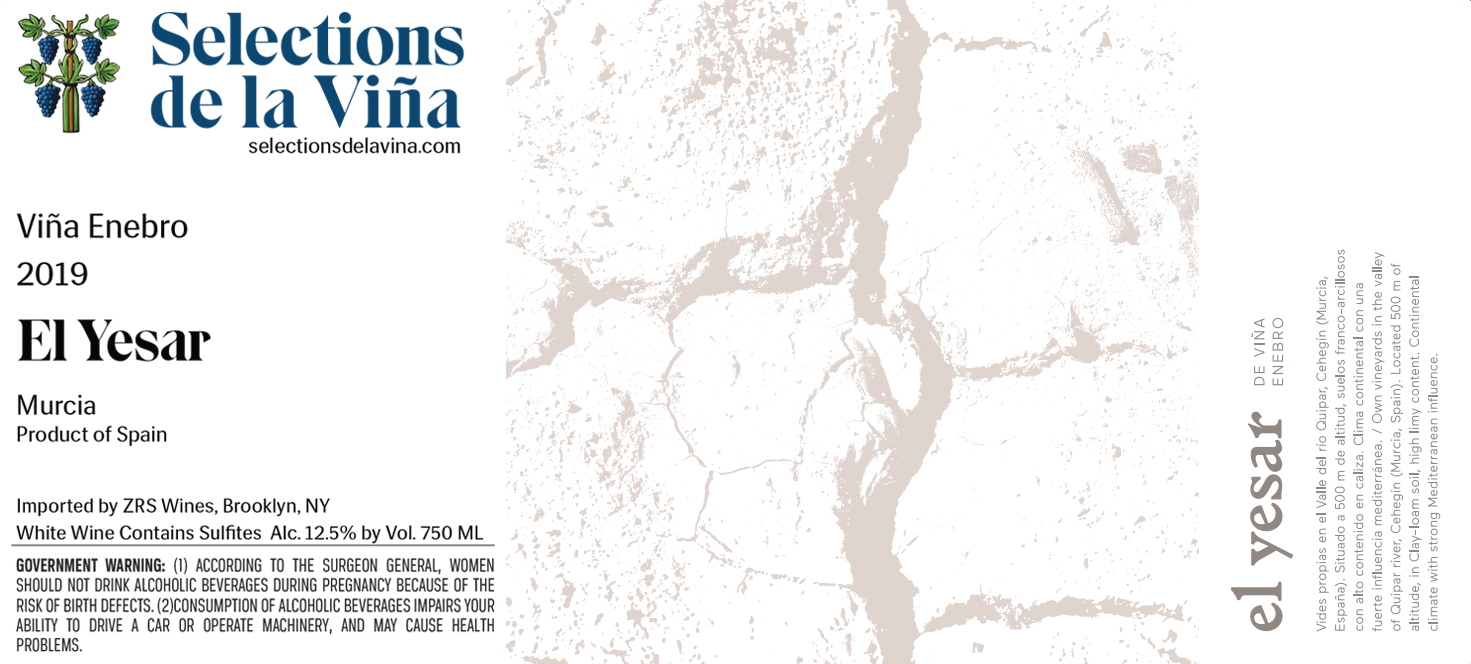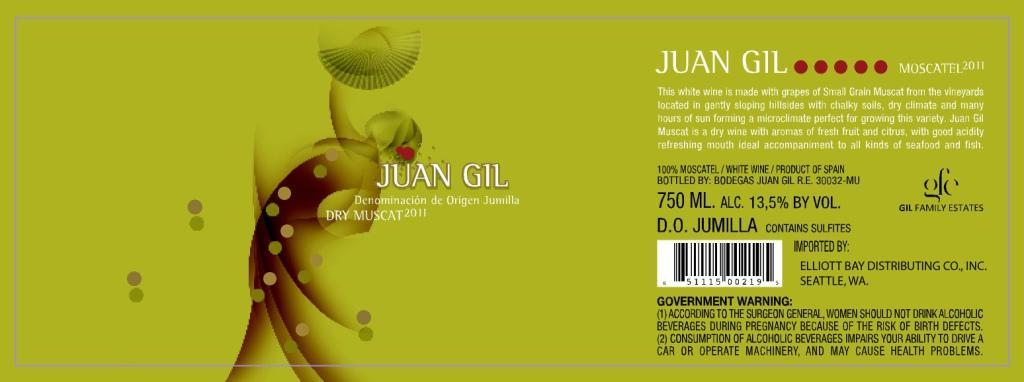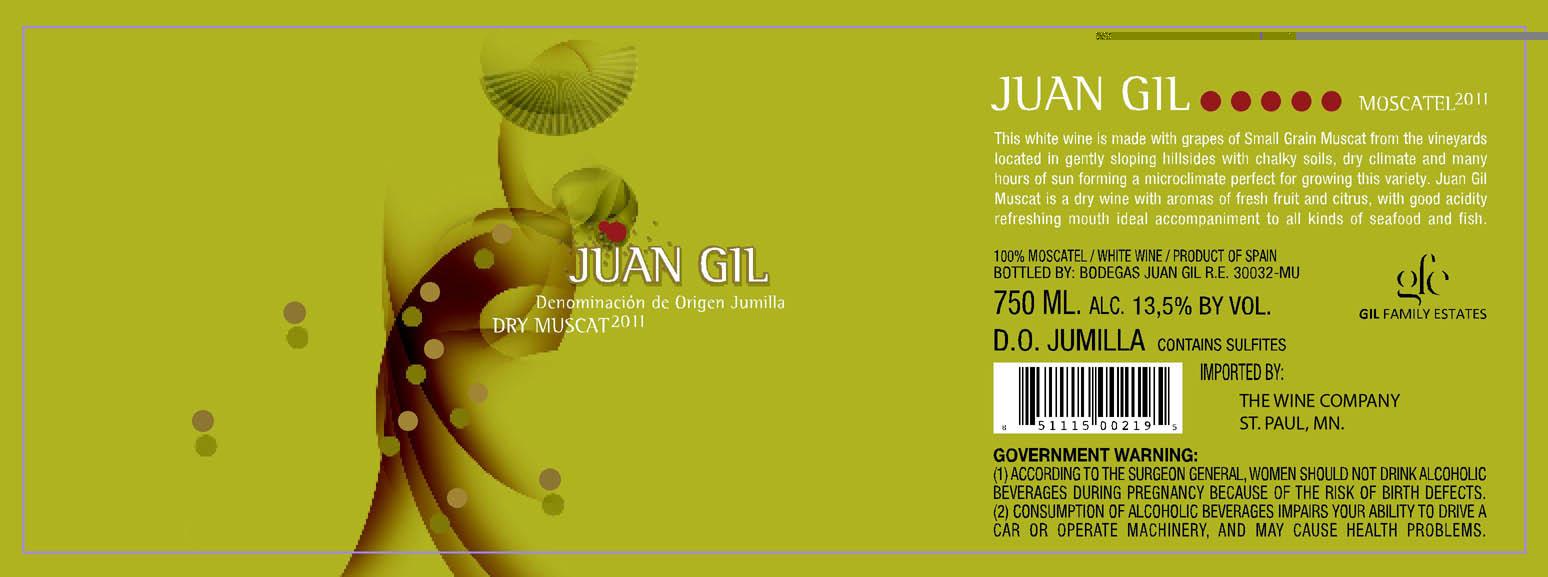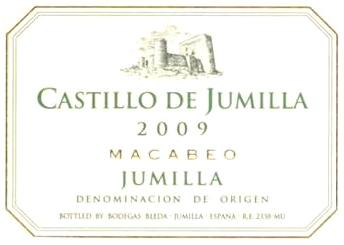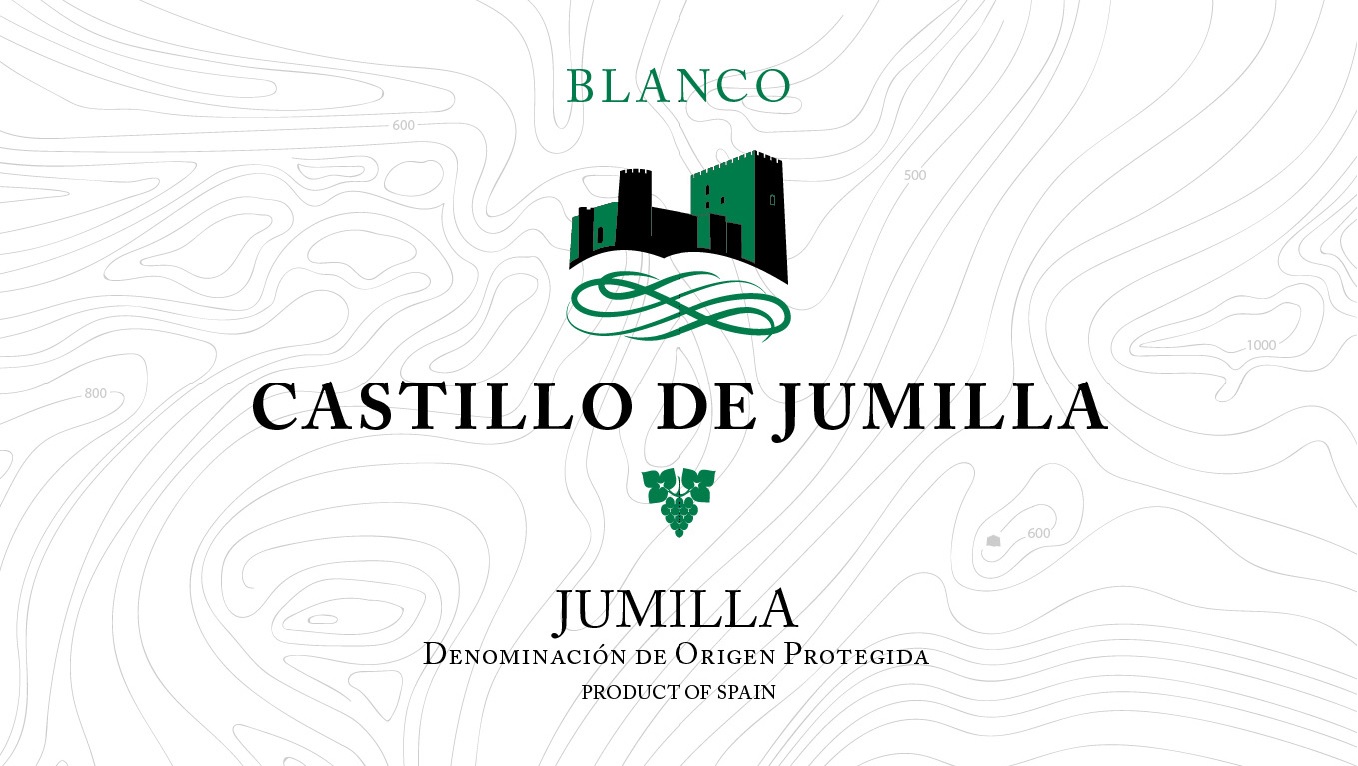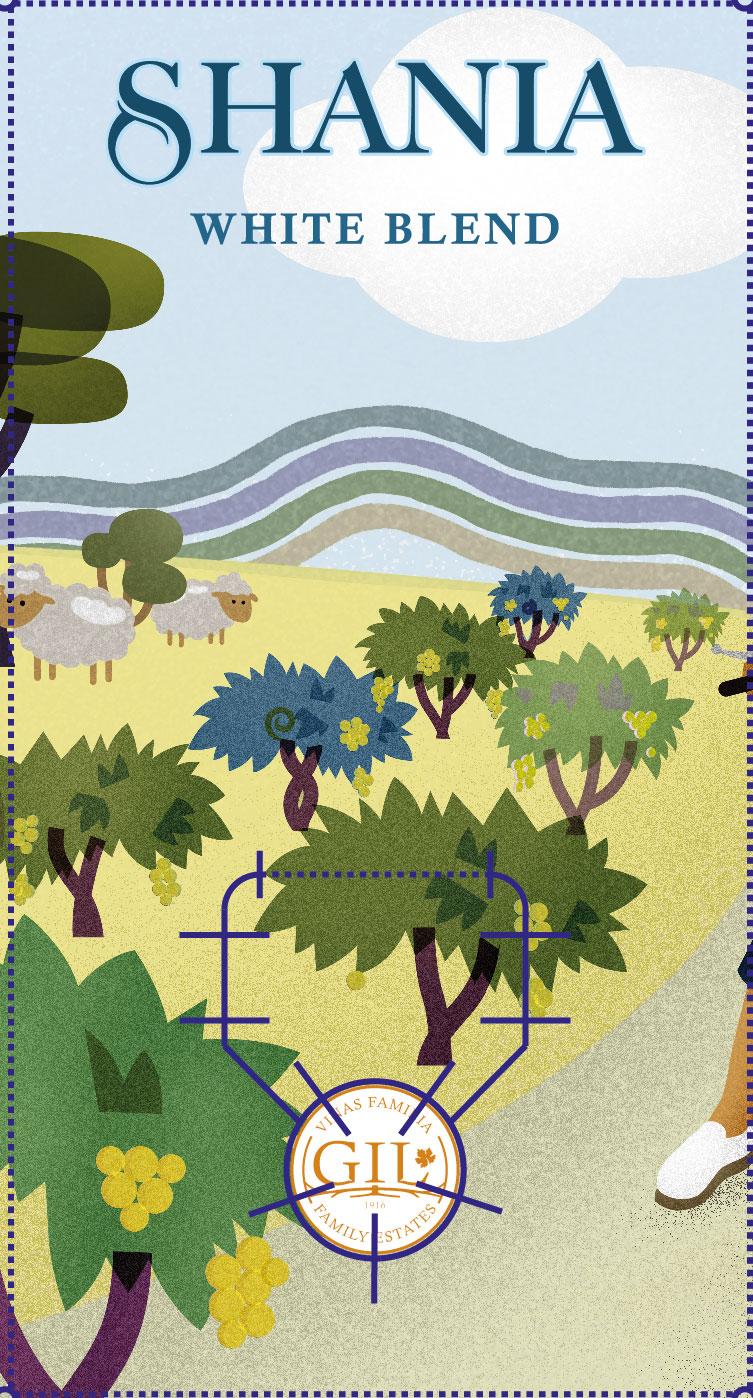Terroir of Murcia
Murcia's unique terroir is defined by its sun-drenched, high-altitude vineyards, set inland on elevated plateaus. Despite its location near the Mediterranean, the region experiences a continental climate due to coastal mountains that block moist sea air. With 300 sunny days annually and minimal rainfall, Murcia is one of Europe's driest, hottest wine regions. However, the elevation, ranging from 400 to 800 meters, ensures cooler nights and significant daily temperature swings, preserving grape acidity and aroma.
The soils are primarily limestone-rich with gravel, offering excellent drainage and forcing vines to dig deep, concentrating flavors. This rocky terrain, coupled with Murcia's dry climate, results in bold, structured wines. The absence of vine diseases is a boon, thanks to the arid conditions. These factors together craft wines that embody the intense, rugged landscape, highlighting the rich, ripe character of Monastrell and other varietals.
Notable Wineries in Murcia
Murcia, with its sun-kissed landscape and high-altitude vineyards, is a treasure trove for wine lovers, showcasing a blend of tradition and innovation. Here are some of the region's standout wineries:
-
Bodegas Juan Gil: A family-run estate in Jumilla, celebrated for its bold Monastrell wines, like the “Juan Gil Silver Label,” and the acclaimed El Nido blend.
-
Casa Castillo: Known for elegant, pure Monastrell wines from old, ungrafted vines, this Jumilla winery embodies the “new Mediterranean” style.
-
Bodegas Castaño: A pioneering force in Yecla, offering high-quality, affordable Monastrell wines and promoting wine tourism with their welcoming tasting room.
-
Señorío de Barahonda: Yecla’s oldest private winery blends tradition and modern techniques, producing sophisticated reds and hosting a renowned on-site restaurant.
-
Bodegas del Rosario: As Bullas’s largest producer, this cooperative is known for award-winning wines that honor local heritage and innovation.
Sustainable Winemaking in Murcia
Murcia’s winemaking thrives on sustainability, thanks to its unique climate and cultural practices. The region's dry air and intense sunshine mean fewer disease threats, allowing organic farming to flourish. In Jumilla DO, over 60% of vineyards are certified organic, the highest worldwide.
Old, ungrafted vines, covering more than 1,000 hectares, are managed with minimal chemicals and are naturally suited to local conditions. Water management is crucial in this semi-arid land; drip irrigation and drought-resistant rootstocks help conserve resources. Family-run vineyards emphasize soil health and biodiversity, preserving native vegetation. Solar power and eco-friendly building practices in wineries further enhance sustainability. Murcian winemakers prioritize authenticity and longevity, using organic methods and low yields to ensure that wines reflect the diverse terroir and support communities through quality over quantity.
Wine Tourism in Murcia
Murcia's wine tourism is blossoming, offering a unique blend of affordability, tradition, and scenic beauty. The region features three main D.O. zones: Jumilla, Yecla, and Bullas, collectively known as the Monastrell Wine Route. These areas provide a glimpse into diverse winemaking styles, from traditional underground cellars to modern tasting rooms. Key attractions include the Bullas Wine Museum and the vibrant Yecla Tapas Route, which pairs local dishes with Monastrell wines.
Jumilla's harvest festival, the Fiesta de la Vendimia, celebrates wine culture with grape treading and parades. Many wineries offer intimate tours and tastings, often led by winemakers themselves. The region's dry, sunny climate supports sustainable wine practices, with a high percentage of organic vineyards. This commitment to authenticity enhances the wine tourism experience, as visitors explore Murcia's rich cultural heritage and diverse culinary offerings.



